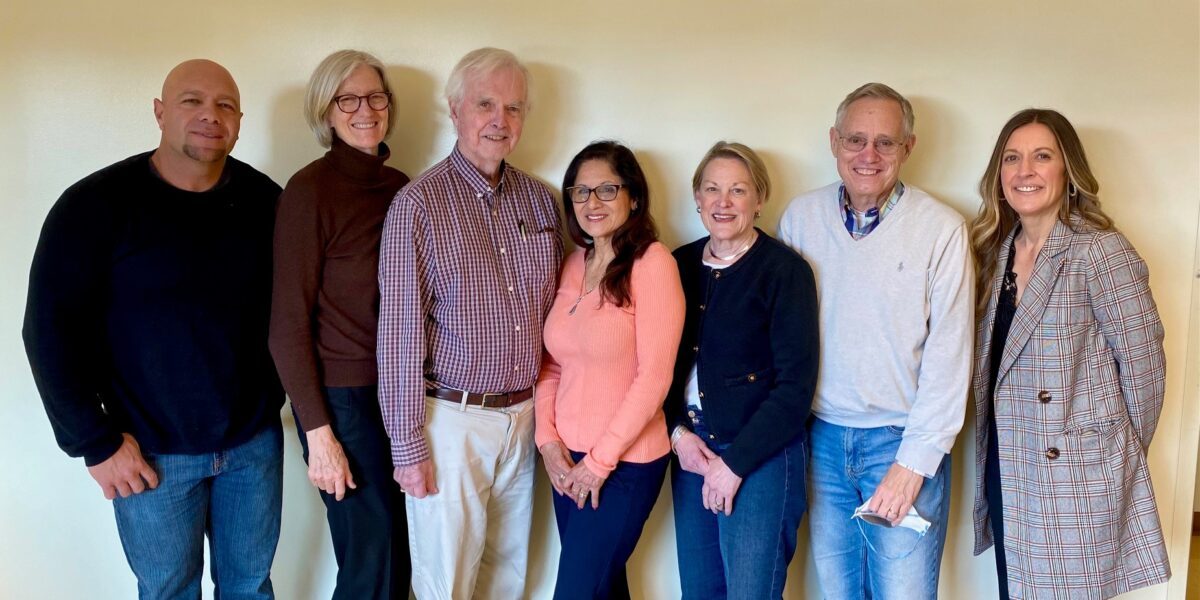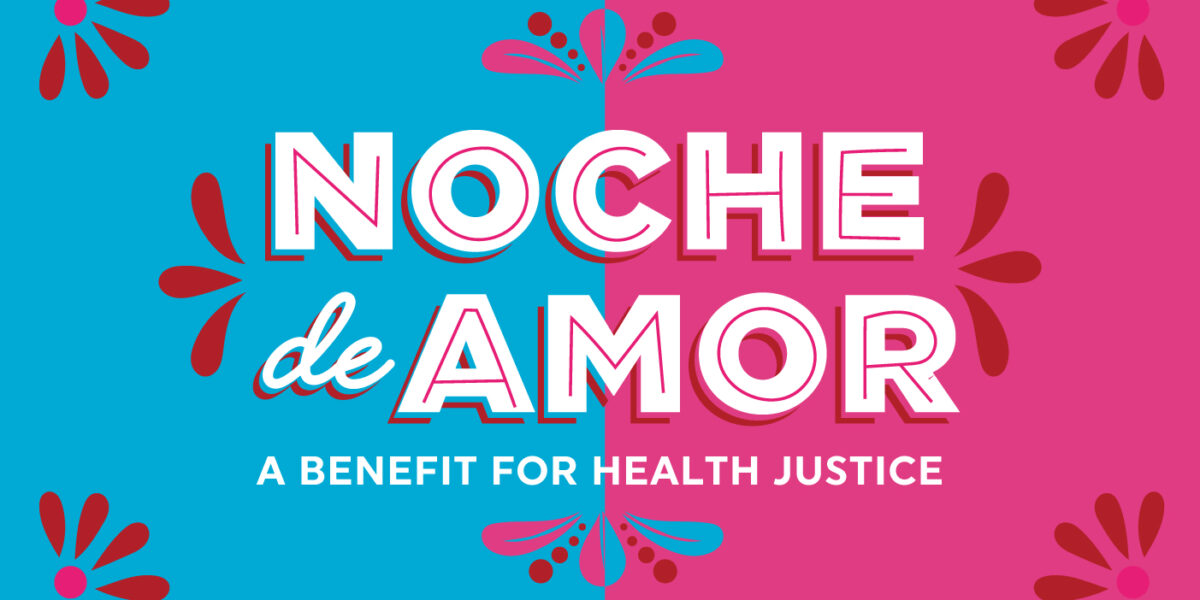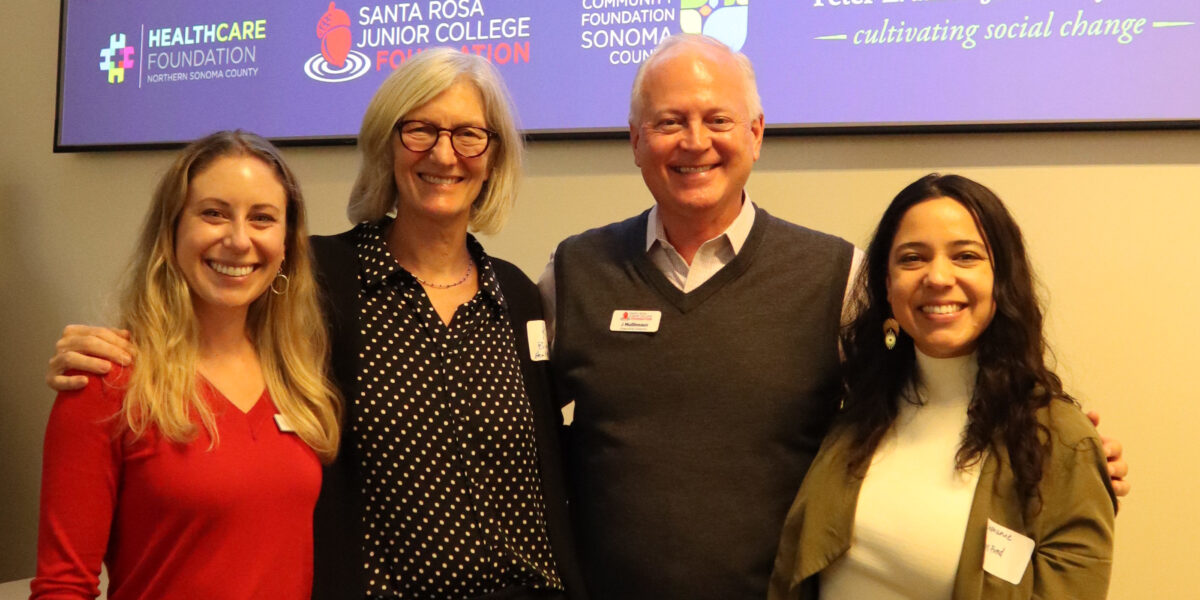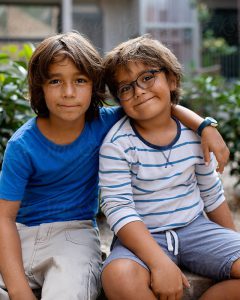
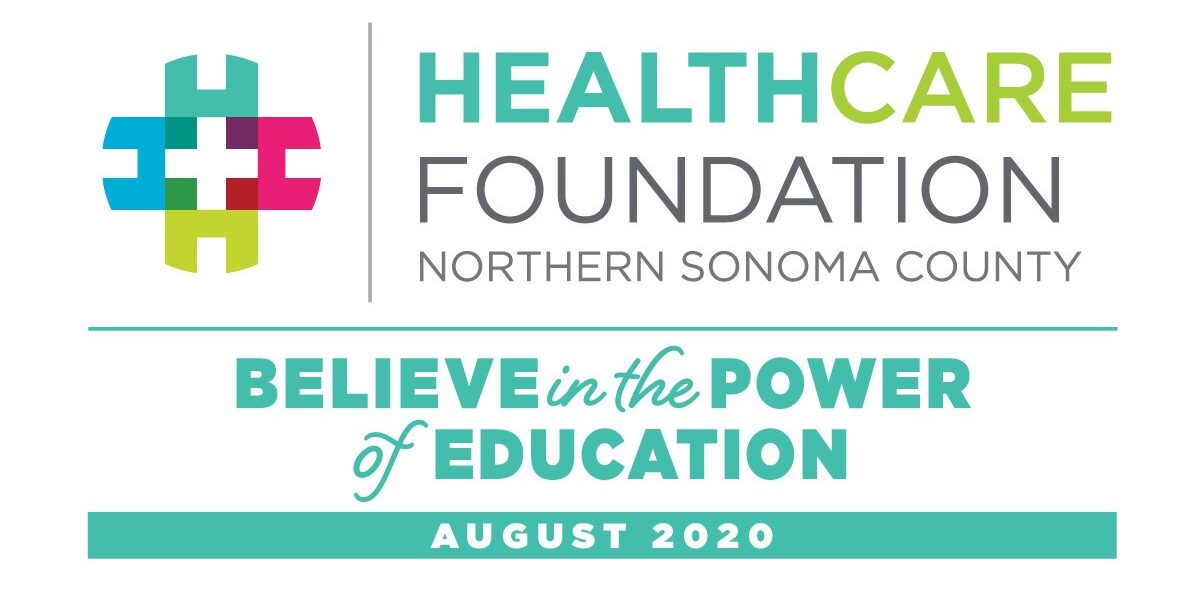
Believe in the Power of Education
This month, learn more about our latest grantees, including YWCA's A Special Place Theraputic Preschool. Also, board member Denny Martin shares her perspective on the power of education.

Dear Friends,
Access to knowledge, according to A Portrait of Sonoma County, the Human Development Report commissioned by the Sonoma County Department of Health Services, “is a critical determinant of long term well-being and is essential to self-determination, self-sufficiency, and the real freedom a person has to decide what to do and who to be.” The Healthcare Foundation, through partnerships with various grantees, has long been devoted to furthering education on important health matters in our community. Education today looks different than it has in the past, however, as we all adapt to new forms of technology and restricted access to in-person learning environments.
This issue of our newsletter spotlights educational initiatives we are committed to now—including mental health services in local high schools, and prenatal classes for our community—with a focus on the YWCA Sonoma County’s A Special Place Therapeutic Preschool. For further inspiration, be sure to read our board member Denny Martin’s article, “How Education Changed My Life and My Perspective.”
We live in challenging times. Accessing online education is difficult or impossible for children whose parents may not have sufficient childcare or don’t have the resources to support a homeschool environment. Income disparities further widen the educational achievement gap, a phenomenon that will have long-term effects on the health and well-being of low-income families. In our area, these inequities will disproportionately affect the health and mental health of our Latinx community members.
The Healthcare Foundation is studying these issues, gathering data and funding interventions to address the health inequities affecting us in northern Sonoma County. We want to promote and be part of a lifelong learning community; the power of education and its effect on health cannot be underestimated. As we all continue to cope with COVID-19, the Foundation is committed to developing innovative tools that educate and improve health, mental health and well-being for all.
Enjoy this issue. Stay safe!

Kim Bender
Executive Director
P.S. Please join us on August 29th for our virtual Gala BELIEVE IN OUR FUTURE! It’s free and open to the public; donations support our COVID-19 Emergency Healthcare Fund.
Focus on Grantees
Supporting Students of All Ages During COVID-19
We’re so proud of the work several of our partners are doing to keep students healthy, learning and growing through this crisis. In spire of all the ways COVID-19 has made the work more difficult, these organizations are giving people the education and support they need right now:
- The mental health therapists at SOS Community Counseling have moved all their counseling sessions online so they can continue to serve high school students experiencing increased anxiety and other mental health challenges during this time.
- Corazón Healdsburg has shifted its early childhood and caregiver classes online, giving parents the tools they need to support their kids’ early learning with activities and toys at home.
- Our friends at Alliance Medical Center are converting their successful prenatal and behavioral health in-person classes to online courses with support from our grants.
Spotlight: YWCA Sonoma County’s A Special Place
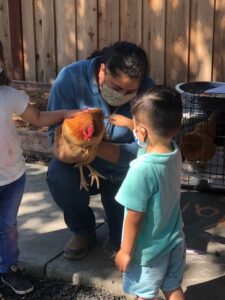
We’re also pleased to spotlight our newest grantee, the YWCA Sonoma County’s A Special Place Therapeutic Preschool, the only one of its kind in Sonoma County (and one of only a handful in California) providing counseling to children ages 3 to 5 who have witnessed or are living with violence in the home.
These children receive all the traditional early literacy and numeracy preparation they need to get ready for kindergarten as well as trauma-informed care to make sure they are socially and emotionally ready for school.
Most of these students’ families are living in poverty. Some families are living in the YWCA’s safe house and others are living in their cars or sleeping on couches in someone else’s home. Many parents have been told their children could not continue to attend other preschool or childcare programs because the teachers were not equipped to manage their behavior.
Madeleine Keegan O’Connell, CEO of YWCA Sonoma County, says the program is able to help students with behavioral challenges that other preschools are not because their staff has undergone specialized trauma-informed and domestic violence training.
“Success to us means that we have given that child the tools to make better decisions for themselves,” she says. “They’re so little, so if we can just give them the confidence that they can solve problems without resorting to negative behavior, that there is a peaceful outcome that they are responsible for, then that’s our success.”
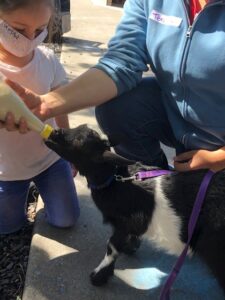
O’Connell says the preschool, combined with the security of the safe house and other services offered by the YWCA, can be transformational for families. She gives the example of “Wendy” and her children as a success story: when they first arrived at the YWCA safe house, her four-year-old son had speech delays and wasn’t speaking much after witnessing violence at home. But at A Special Place Preschool, he began making friends, smiling and talking—and flourished in the new environment, Wendy says. “He’s a completely different kid.”
Through the preschool, staff members get to know the families and are able to connect them with other services they might need. (Many of the families involved in the preschool are living in or have lived in the YWCA’s safe house or have a parent attending a support group.) “We do our best to enroll people in all of our programs,” says O’Connell.
With strict safety and health protocols, the preschool has recently reopened. We’re honored to support the education and recovery of these young students who have already faced such adversity in their lives. If you’d like to help us fund more of these kinds of vital early childhood development programs, please click on the donate button below.
You’re Invited to our first-ever Virtual Gala!
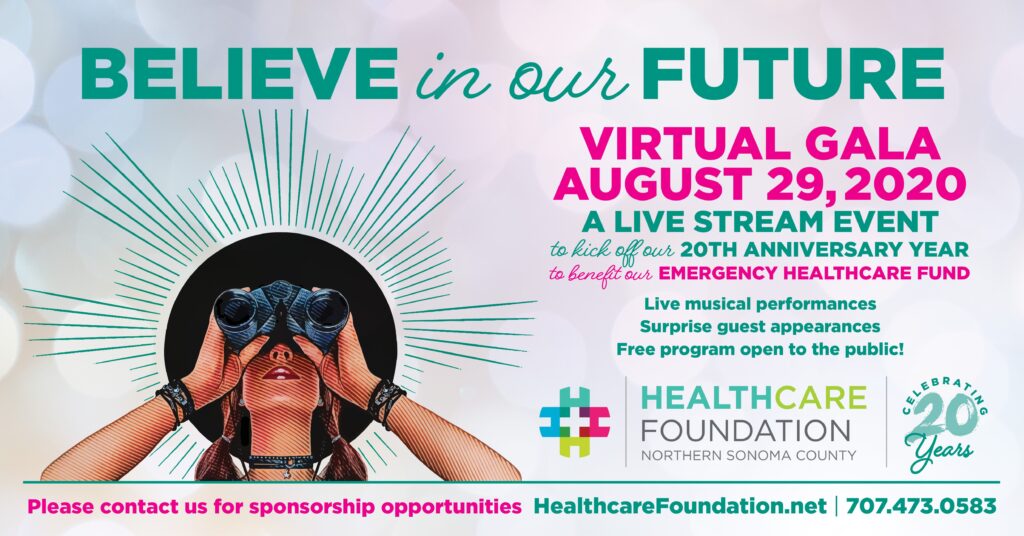
Registration Opens August 1!
We are thrilled to announce the following musicians who will perform at our Gala:
Cantares de mi Tierra de LBC
Grouplove
Congressman Jared Huffman and Craig Anderson
Stanley Jordan
Charlie Musselwhite
Marcus Shelby
Lavay Smith and the Red Hot Skillet Lickers
Pete Stringfellow
Please see the full list of sponsors on our event page here.
How Education Changed My Life and My Perspective
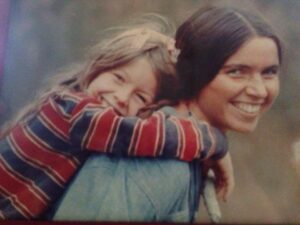
By Denny Martin, Board of Directors
I was a late bloomer when it came to education, beginning at the local community college in San Diego in my mid-twenties, becoming an RN at 30 and getting my Masters in Public Health at 40. The world of education opened my eyes to the universe in ways I could never have imagined, and is part of the reason I became a fierce social justice advocate. I did this while raising my daughter, who was born when I was 18 and who proudly accompanied me on our many protests. I worked hard, and was supported by many different government programs and loans, eventually becoming the President and CEO of The California Association of Public Hospitals, and later the Program Director for Community Health at the San Francisco Foundation. My education gave me the chance to support myself and my daughter and to work in a field I loved, taking care of people and fighting for access to healthcare for everyone.
I am also grateful for the ways my education and my career opened my eyes to the terrible inequities in our country, particularly when it comes to healthcare. When I was getting my bachelor’s degree in nursing at Northwestern University in Chicago, I worked in both the university’s private hospital emergency room and the ER at the local public hospital. Almost all of the patients at the public hospital were Black or Latinx while the patients at Northwestern were largely white. And while the staff at the public hospital worked tirelessly, they simply had fewer resources than were available at Northwestern, and the differences in the quality of care were staggering. Someone with a broken arm might wait ten hours at the public hospital just to be seen.
Seeing these racial and class disparities in healthcare motivated me professionally to fight for improved access to quality healthcare. It’s why I care so much about the work that the Healthcare Foundation supports in our community, whether it’s our focus on early childhood development or programs that provide healthcare to our neighbors and friends who need it most.


Related News + Stories
Invest in Our Community
Your support is vital to our collective vision of eliminating health inequities in northern Sonoma County.
Donate
